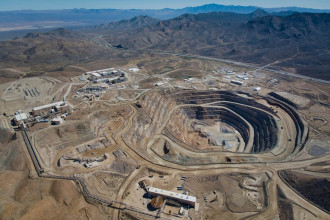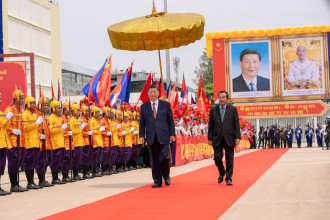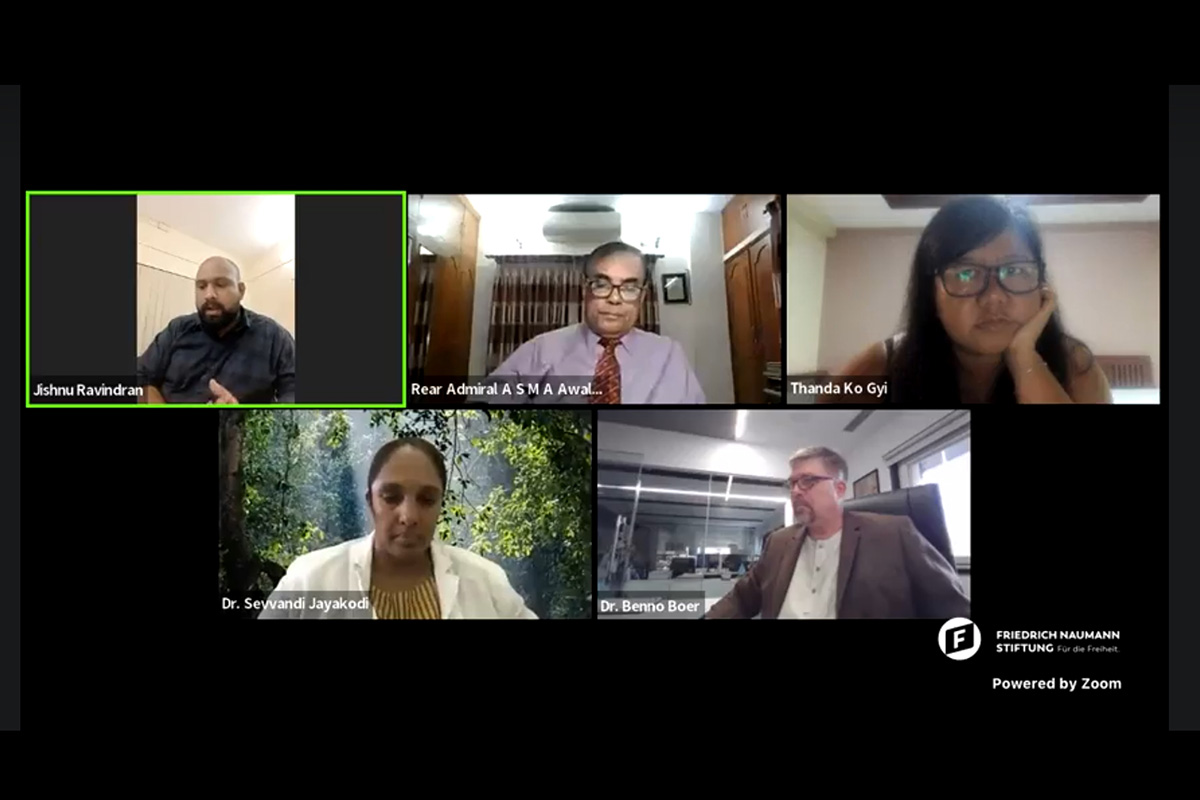
The Friedrich Naumann Foundation for Freedom (FNF) South Asia, in collaboration with the Centre for Public Policy Research (CPPR), organised a webinar titled 'Exploring Ecological Realities for Conservation in the Bay of Bengal Region' on May 22, 2024. The primary objective of the event was to address challenges such as habitat loss and rising sea temperatures, which are impacting fisheries and coastal communities, among others. The event also marked the International Day for Biological Diversity.
During the online seminar, experts underscored the importance of incorporating climate change adaptation into decision-making processes. They emphasised the urgent need for action to protect biodiversity and bolster resilience in coastal communities.
The webinar commenced with an introduction by Tenzin Paljor, Programme and Communications Officer, FNF South Asia. He briefly outlined how the Bay of Bengal region, home to iconic species, plays a crucial role in global environmental processes. However, challenges such as habitat loss and climate change threaten its ecological balance.
On this occasion, Dr D Dhanuraj, Chairperson of CPPR, highlighted the importance of this webinar, underscoring the critical need for collaboration to protect the unique biodiversity of the Bay of Bengal. He stressed that the Bay of Bengal is more than just geography; it sustains millions and plays a vital role in global ecology. Dr Dhanuraj called for intensified efforts and immediate action to address the ecological crisis threatening the region's flora, fauna, and overall health.
A message from Muhanad Al-Halak, an Iraqi-born member of the German Bundestag, emphasised the global impact of climate change on biodiversity. He underscored the urgency of international cooperation to tackle this immense challenge, pointing out that declining biodiversity transcends national borders, impacting everyone on the planet.
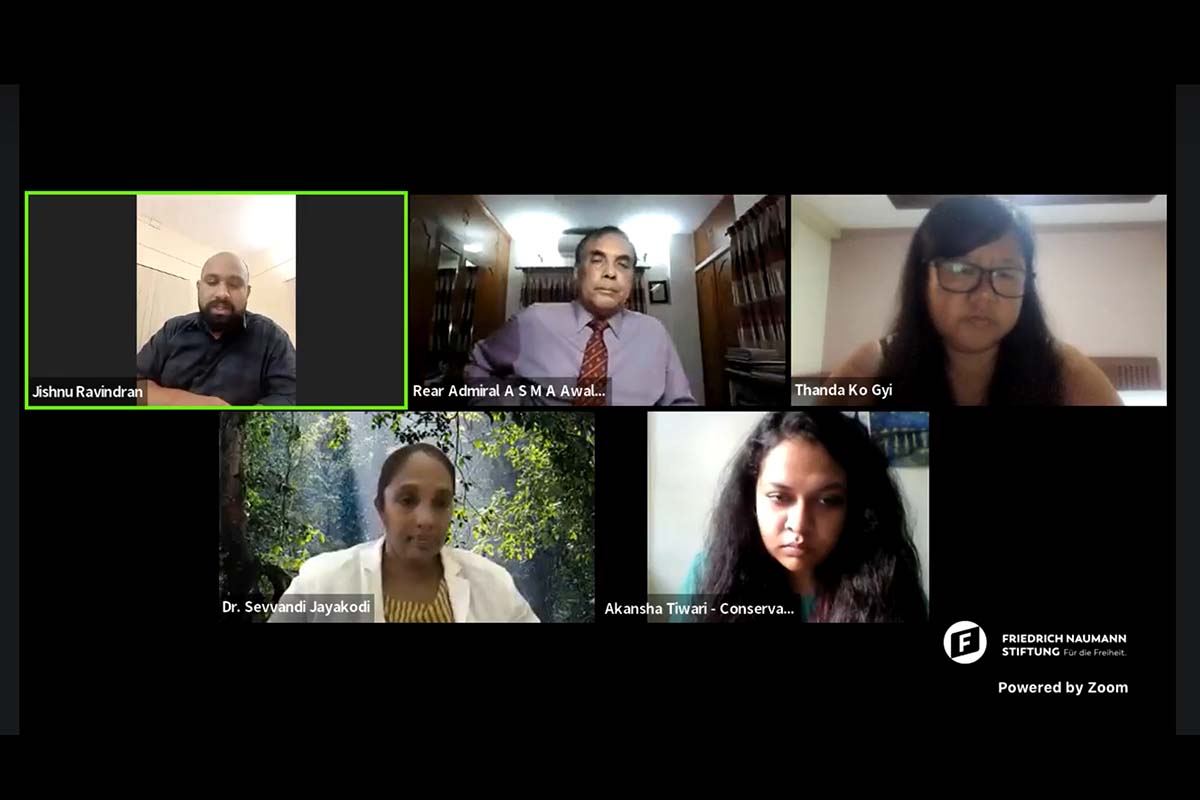
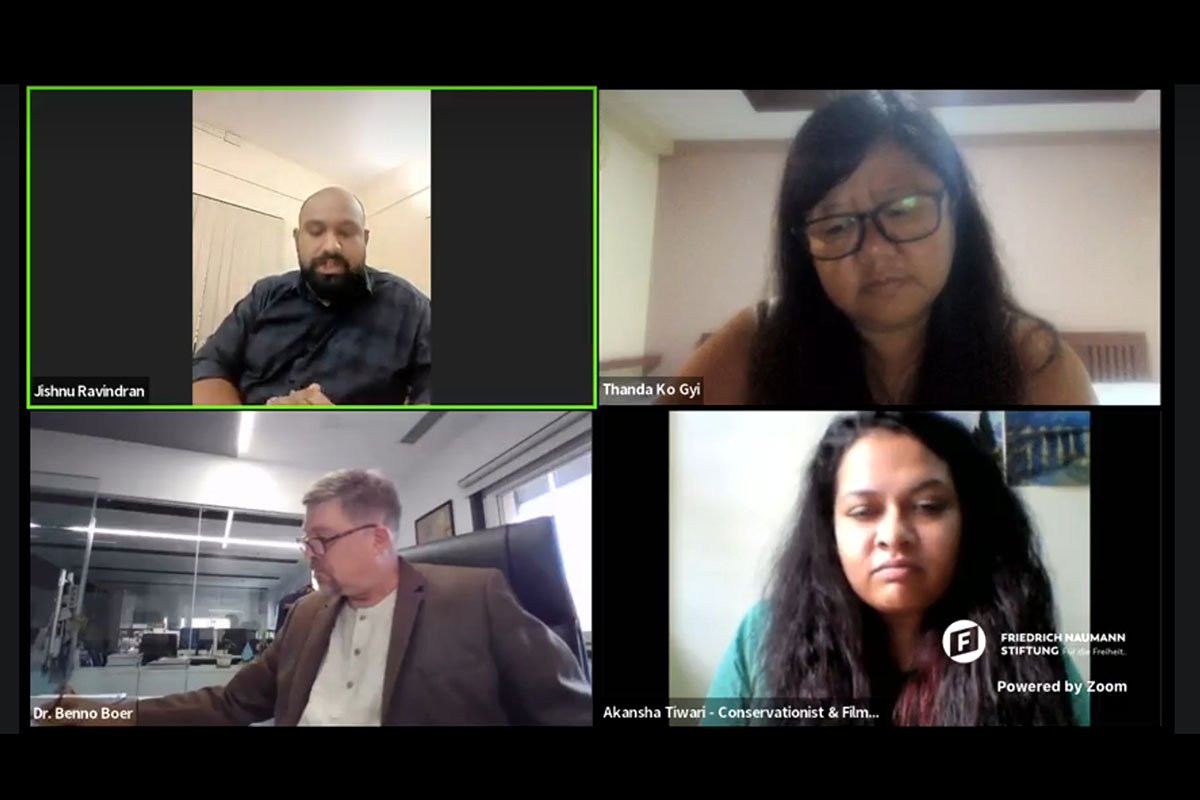
Keynote speaker, Dr Benno Boer, Chief of the Natural Sciences Unit at UNESCO's New Delhi Office, discussed the 'triple planetary crisis' — climate change, biodiversity loss, and pollution. He predicted that this term will become increasingly common due to lagging progress on related Sustainable Development Goals (SDGs), along with rising resource exploitation and population growth in Bay of Bengal coastal areas. Dr Boer emphasised that this crisis is already upon us, and population growth threatens to exacerbate biodiversity loss, habitat fragmentation, and pressure on fisheries. He proposed green jobs and green entrepreneurship as potential solutions for the future.
The webinar was moderated by Jishnu Ravindran of the Centre for Public Policy Research.
Thanda Ko Gyi, Founder of the Myanmar Ocean Project, meanwhile, noted that Myanmar has generally lagged behind other countries in terms of capabilities, marine conservation management, and conservation efforts. She said it's been a slow journey, and the current situation, including the COVID pandemic, has posed challenges for all parties involved – the CSOs, universities, and everyone else conducting any kind of research.
Gyi, who is based in Yangon and has worked in various coastal communities, added that the most important lesson she has learned is that every community is unique. She emphasised that when working in any community, one cannot apply a one-size-fits-all solution. It's crucial to listen to their problems, understand their context, cultural nuances, and needs. She elucidated that empathy is a prerequisite for working effectively with communities to find solutions.
Akansha Tiwari, a Filmmaker, Activist, and Marine Conservationist from India, highlighted that there are ongoing conservation efforts for the Bay of Bengal. However, they are not widely publicised due to the geographical nature, security concerns, organisational and funding privacy. She noted a recent change, with international collaborations taking place. Tiwari added that while more conversations are being held, no specific projects come to mind as they are being conducted on a smaller scale and are not widely discussed.
Tiwari also mentioned that since she began working in this sector, there have been more international conversations. She clarified that when she refers to the absence of projects, she means that the conversation has just begun. They are still in the initial research phase because the urgency of these issues, their impact, and their potential to influence economics and policies have only recently been realised.
Meanwhile, Prof Sevvandy Jayakody, Chair Professor, Department of Aquaculture and Fisheries, Wayamba University of Sri Lanka, explained that while mangroves are very dear to her, her concern for the Bay of Bengal extends beyond mangroves to all carbon ecosystems. She stated that many ecosystems are important not only because they maintain the region's ecological balance, provide marine life, and offer habitat for diverse species, but also because they are the lifeline for millions of people in the Bay of Bengal. Prof Jayakody added that there are also hidden aspects, such as nutrient cycling and oxygen production, that we know least about. She emphasised that all the ecosystems in the Bay of Bengal are our natural capital as well as our lifeline.
Another panellist, Rear Admiral ASM A Awal (Retd), Former Ambassador and Assistant Chief of Naval Staff, Bangladesh, stated that our continued recklessness with nature, our sea areas, and the marine ecosystem makes the future look grim. He opined that the best strategy to overcome this crisis is conservation. He emphasised the need to conserve the ecosystem and biodiversity. He further added that the Bay of Bengal, being the largest bay and surrounded by several countries, is bound to be a hotbed of geopolitics.
Awal lamented that the term geopolitics has currently lost its meaning. He opined that the basic idea of geopolitics is to use geography to further a country’s international relations. However, the current use of force or threat is disrupting world peace and tranquillity. He added that previously, the Bay of Bengal was not in focus and was known only for its cyclones and disasters. However, with the rise of regional powers, India and China, the situation has completely changed. Awal emphasised that geopolitics should not overshadow conservation efforts.
READ ALSO:
- FNF South Asia hosts webinar titled 'India Votes: Inclusive Democracy 2024'
- FNF South Asia holds conference to address LGBTQIA+ rights in South Asia, Europe
- FNF South Asia hosts webinar titled 'Empowering Voices: Exploring the Political Landscape for Women in South Asia'
- FNF hosts webinar on Energy Transition and Energy Security in South Asia
- FNF hosts regional conference on ‘Rivers as Lifeline for South Asia’
- FNF to hold regional conference on ‘Rivers as Lifeline for South Asia’ on Mar 15





